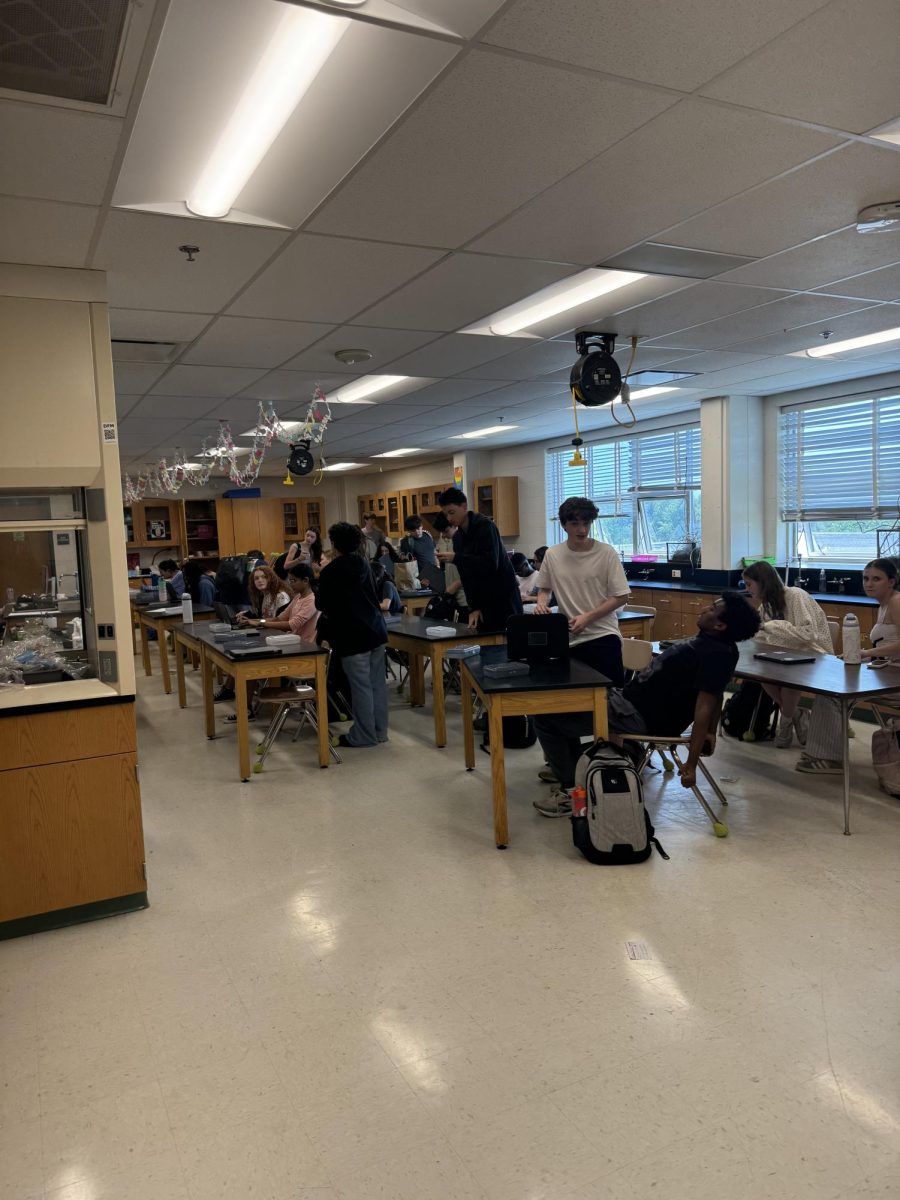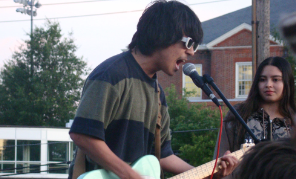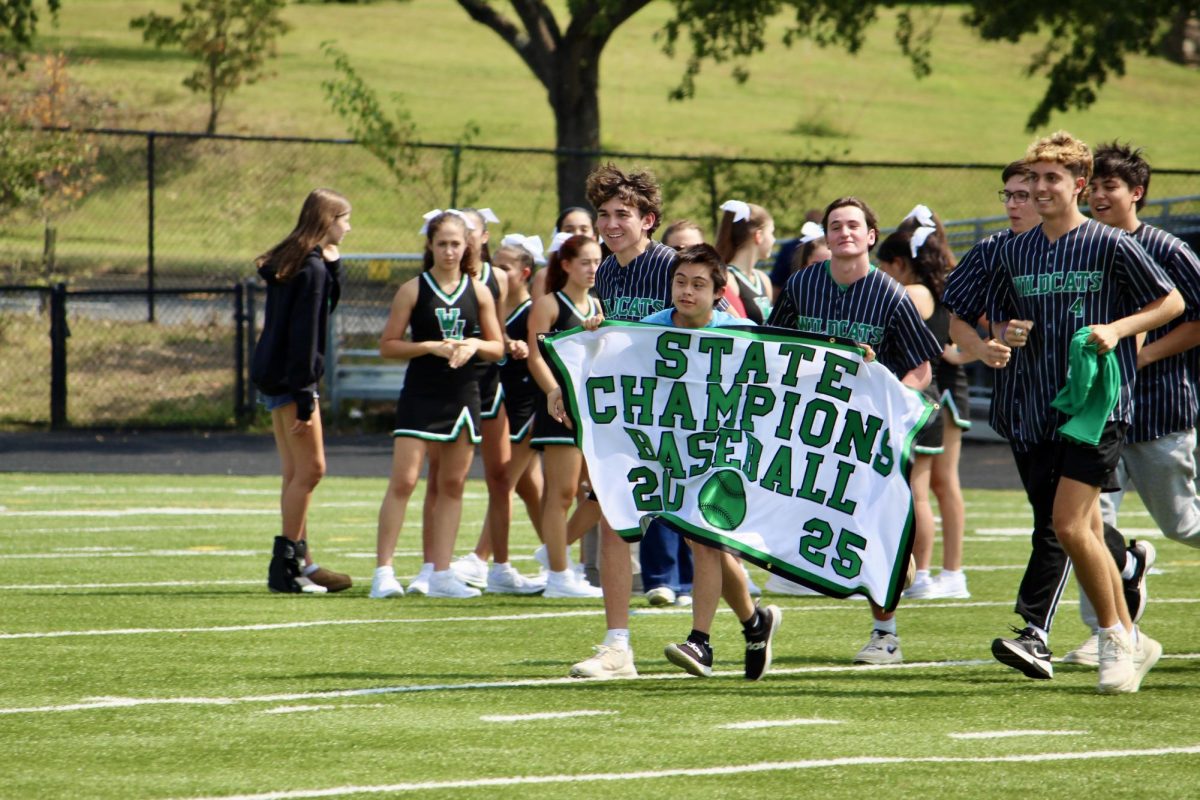It is common for students to run for an SGA (Student Government Association) position regardless of whether or not they genuinely care about the school. They promise to make changes throughout the school, whether that be through more fun school spirit events or by promising students a voice in their school community and making the school more inclusive. While some students see changes, many others don’t.
SGA seems to shine in the realm of organizing school wide events like homecoming.
“I think the SGA does a great job of planning events, fundraisers, spirit weeks and really incorporates the voices of students,” junior Samantha Cohen said.
While the recent Pennies for Patients fundraiser was successful and past spirit weeks have featured newer themes, planning school wide events seems to be the only place that SGA seems to be effective.
“Whether or not people really care about making changes throughout the school or SGA seems like a lame popularity contest and a way for people to add something to their college applications. I can’t name anything that they do outside of planning school events,” junior Ida London said.
Many campaigns seem overused and unoriginal. Nearly all candidates find Instagram to be a useful resource, where they share fun facts about themselves, pictures of themselves displaying school spirit and promises to make school events more fun for everyone.
Along with promising, more fun spirit events, candidates pledge to improve the overall school environment.
They often reuse the same basic phrases along the lines of “creating a more inclusive environment” and “making sure students’ voices are heard,” but often don’t really expand on what it is they would do to implement change.
“I hear about ideas during the elections but after that I never hear about it again,” sophomore Ella Montano said.
The school itself is so large, which makes it extremely difficult for the SGA to be able to make the changes they promise. This is an easier task when in smaller and more focused groups.
“People make their own clubs which promote inclusivity, but that isn’t the SGA,” Montano said.
There are a variety of clubs such as the Minority Scholars Program, GSA (Gender and Sexuality Alliance) and Bluebench, that make students feel welcome and comfortable at school. In these clubs, students are more likely to feel that their voices are being heard.
“SGA needs to do a better job at meshing what they do and what these groups do. So perhaps having town halls, assemblies, events, and fundraisers that raise awareness and money for issues they tackle and enforcing how important support for them should be,” Shiima Nantulya said.
It is important for students to feel that they are a part of the community at school and this only starts with students being informed about the opportunities and events going on at WJ and this is usually done using the SGA and class Instagram accounts. Advocacy clubs tend to promote other events for students to take part in but these are lesser known because these clubs really only reach their members, not the entire class.
“I feel like every year they say that they want to make students feel more welcome and make WJ more inclusive, but I don’t really think that they’ve done much to make it that way,” London said.
The SGA also lacks the power to make a lot of the changes that they promise during their campaigns, simply because many of these changes they would like to make require the administration to get involved. This raises the question of whether or not we really need it or if they really do anything that important.















